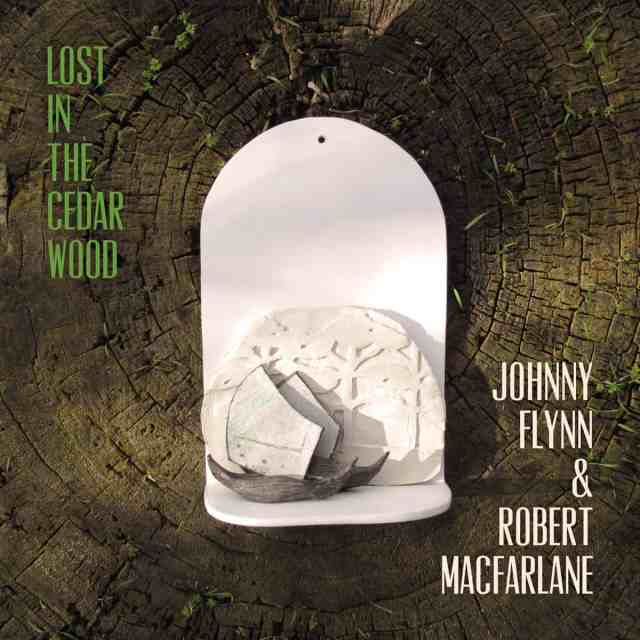

Johnny Flynn truly is a jack of all trades. One moment he’s ripping a trumpet solo at the Roundhouse and the next he’s co-starring alongside Kit Harrington in an ambiguously homoerotic country-western production on the West End. From Shakespeare to Scrotal Recall (sorry: Lovesick, for the American audiences), Johnny Flynn has done it all. And now he’s written an album about Gilgamesh! Which actually feels surprisingly on-brand.
Co-written by award-winning author Robert Macfarlane, Lost in the Cedar Wood is a feat unto itself – a sprawling epic with a timeless charm. “Begun a year ago when things got strange” (as Flynn shared), the record was inspired by the oldest surviving work of world literature: The Epic of Gilgamesh, an Ancient Mesopotamian text following a hero through trials of love, grief, loss, bad governance, and natural disaster. It also contains the first recorded act of human destruction of the natural world: when Gilgamesh and Enkidu travel to the Sacred Cedar Wood, slay the guardian spirit of the forest, and cut down the trees with their axes, thereby bringing catastrophe upon themselves. Striking a chord within both Flynn and Macfarlane during the global crisis, the two writers put their heads together to create an album as epic as its catalyst.
Bursting with boisterous theatricality, one could imagine these songs performed by a pack of ruddy-faced Falstaffian cronies at the Boar’s Head Tavern centuries ago. And perhaps this is no coincidence – as with Flynn’s past work, literature and drama have always seemed to weave their way into the fabric of his songwriting, from his old timey folk reels to the meticulous meter of his lyrics. There’s something about his work that has always felt a tad removed from modern life, and this album is certainly no exception.
The record flows organically from higher energy tracks like “Ten Degrees of Strange” and “Bonedigger,” to the quieter “I Can’t Swim There” and “Home and Dry,” capturing the highs and lows of an adventure as well as the quieter moments along the way. Overflowing with character, Lost in the Cedar Wood tells stories of fear, folly, whimsy, grief, tenderness, and disaster on both a vast and minute scale. And as with any Johnny Flynn work, it is done so with an endearingly bumbling humility. Filled with campy call-and-response choruses and hidden kernels of wisdom, Lost in the Cedar Wood feels like an age-old fable, waiting to be read.
Gemma Laurence



